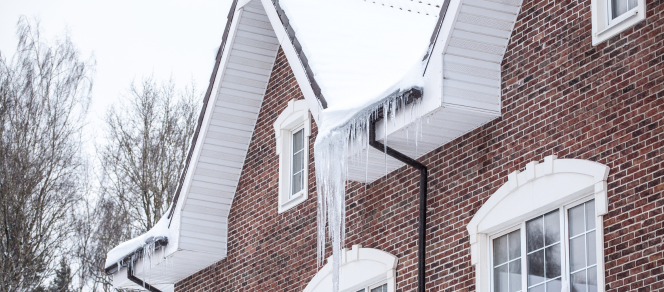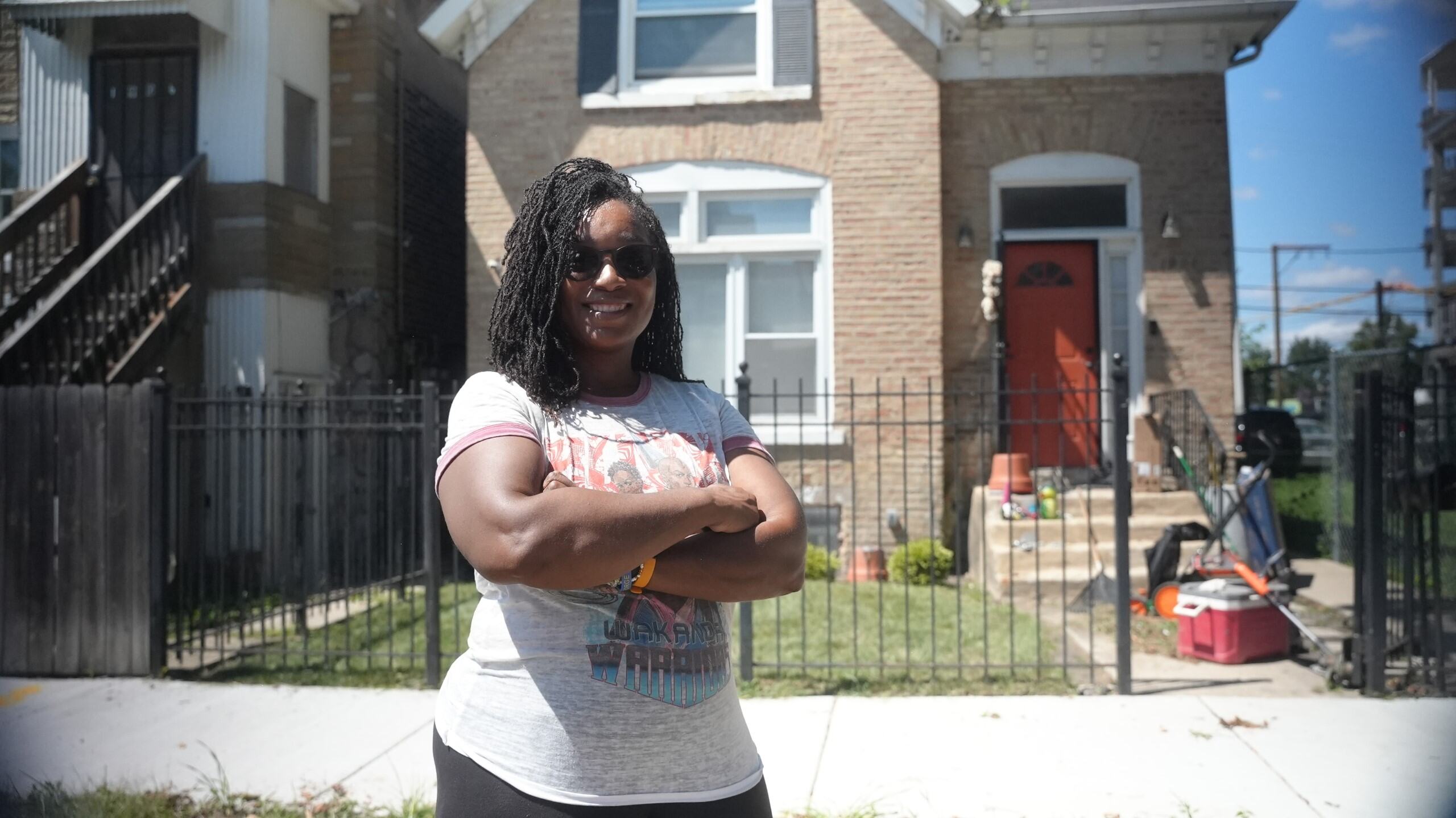New Analysis Finds Spending Higher Proportion of Income on Energy Contributes to Poverty
 For many low-income households in the U.S., rising energy costs result in increased energy burden (defined as a household’s heating and electric expenses as a percentage of income). In Illinois, low-income families on average pay 13% of their monthly incomes for utilities, while upper-income families pay only 2-3%. This disparity exists due to the income and energy divides: upper-income families tend to live in newer or remodeled homes which are more energy efficient, while families with lower incomes are more likely to live in distressed and older housing that is not efficient.
For many low-income households in the U.S., rising energy costs result in increased energy burden (defined as a household’s heating and electric expenses as a percentage of income). In Illinois, low-income families on average pay 13% of their monthly incomes for utilities, while upper-income families pay only 2-3%. This disparity exists due to the income and energy divides: upper-income families tend to live in newer or remodeled homes which are more energy efficient, while families with lower incomes are more likely to live in distressed and older housing that is not efficient.
With a greater proportion of household income going to energy, low-income families are often faced with tough choices, juggling rent, groceries, and medical care. These choices have serious consequences, including being more at risk for falling into poverty or staying in poverty. In our new paper co-authored with Jeremiah Bohr, Assistant Professor of Sociology at University of Wisconsin-Oshkosh, “Do Energy Burdens Contribute to Economic Poverty in the United States? A Panel Analysis,” we performed an analysis that found that energy-burdened households (those spending at least 10% of household income on heating and electricity services) were at about 150% to 200% greater risk of transitioning into or extending their duration of economic poverty.
The analysis utilized a series of complex statistical models that controlled for other factors impacting poverty (e.g., decrease in income, adding people to a family, etc.) and each model found similar results. The major takeaway from the results is that dedicating inordinate amounts of income to energy costs can threaten a household’s economic wellbeing over time, possibly by preventing a household from engaging in other economic activities or compounding existing economic hardship.
This issue is at the heart of our mission; we’re fighting to break the link between energy burden and poverty every single day. We see how energy burden manifests itself in our work with families in our energy efficiency programs. Below are just a few things we’ve heard from our program participants:
- “It don’t make me feel good, (…) I just sit down and I get the important bills. That’s the water bill, the light bill, and the gas bill, and my insurance. I have to get that out the way. Then I get my groceries. I mostly go to the food pantry and get a lot of stuff like that. So, I manage. Yeah, because I don’t try to rob Peter to pay Paul.”
- “We had kids, and the lights and gas got cut off. So, we had lights, but we didn’t have no gas. Then we wound up with heaters. We were close to this part of the house and we slept in the back.”
These stories are all too common, and the results of the analysis emphasize the importance of energy assistance and energy efficiency for low-income households. Since unaffordable energy costs can threaten a household’s economic wellbeing over time, our goal is to help reduce economic hardship and protect financial futures when we help people save money on their energy bills.
We’re excited that this paper has been accepted to peer-reviewed journal Social Forces, one of the premier sociology journals in the country. We look forward to sharing our findings with environmental activists, program implementers, and policymakers and encouraging them to keep energy equity issues in mind when confronting potential transitions to cleaner energy.



